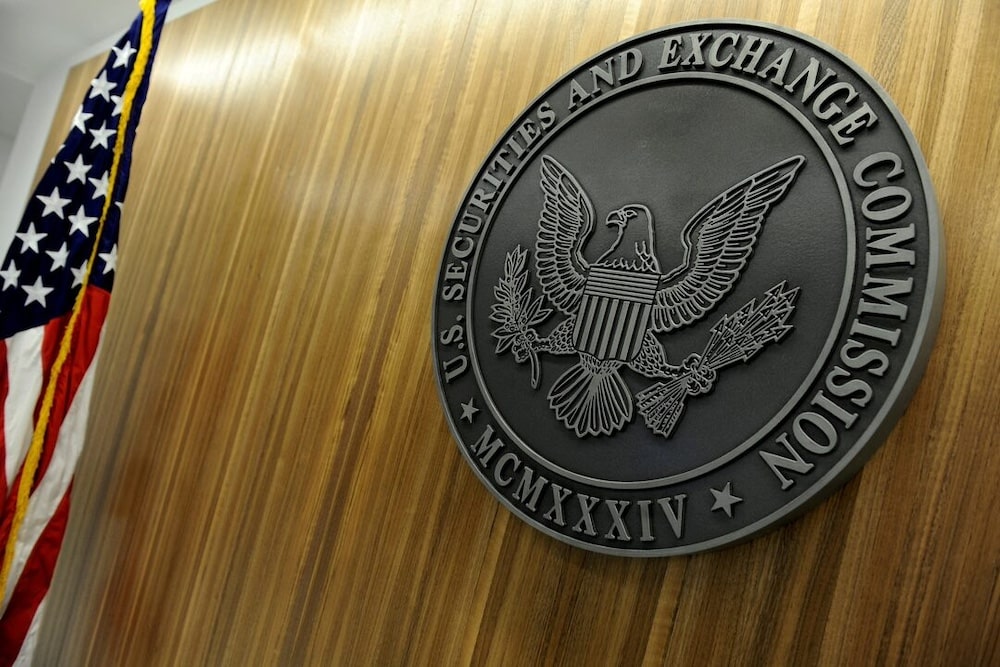The United States Securities and Exchange Commission (SEC) filed a lawsuit against two companies, TrueCoin and TrustToken, for selling a stablecoin called TrueUSD (TUSD) without proper registration and making false claims about its backing.
TrueCoin issued the TUSD stablecoin, while TrustToken developed and operated TrueFi, a decentralized lending platform that uses the stablecoin to enable lending and borrowing activities.
SEC Charges TrustToken and TrueCoin
The SEC alleged that TrueCoin and TrustToken falsely claimed their stablecoin, TUSD, was fully backed by the U.S. dollar from November 2020 to April 2023, contradicting the regulator’s findings. The financial agency reported that the companies invested a substantial portion of TUSD’s backing assets in a speculative offshore investment fund to earn extra returns.
By March 2022, over $500 million of TUSD’s backing assets were invested in this fund. Despite knowing about redemption problems at the fund since late 2022, the companies continued to falsely assure investors that TUSD was backed one-to-one by the U.S. dollar. In September 2024, about 99% of TUSD’s reserves were invested in the speculative fund.
Concerning the case, Jorge Tenreiro, Acting Chief of the SEC’s Crypto Assets & Cyber Unit, said:
“TrueCoin and TrustToken sought profits for themselves by exposing investors to substantial, undisclosed risks through misrepresentations about the safety of the investment, this case is a prime example of why registration matters, as investors in these products continue to be deprived of the key information needed to make fully informed decisions.”
TrustToken and TrueCoin Agree to Settlement
TrueCoin and TrustToken have agreed to settle the charges, paying $163,766 each in civil penalties. TrueCoin will also pay $340,930 in disgorgement and $31,538 in prejudgment interest. As part of the settlement, the companies have been prohibited from violating federal securities laws in the future.
Meanwhile, the SEC is intensifying its crackdown on the crypto industry, with monetary sanctions surging to over $4.6 billion in 2024. Chairman Gary Gensler cites investor protection concerns, but critics argue the approach stifles innovation and drives businesses overseas.
Find Cryptocurrencies to Watch and Read Crypto News on the Go Follow CryptosToWatch on X (Twitter) Now

